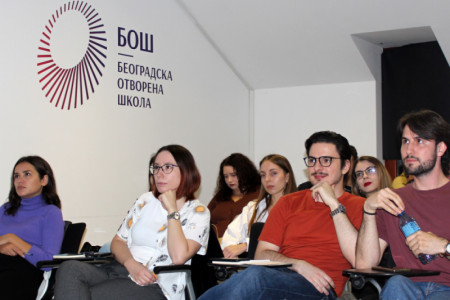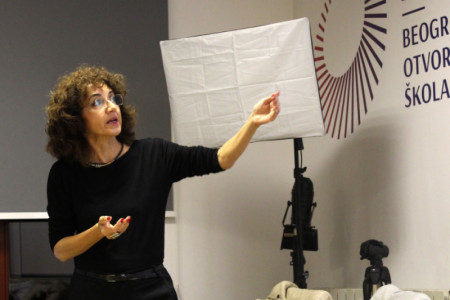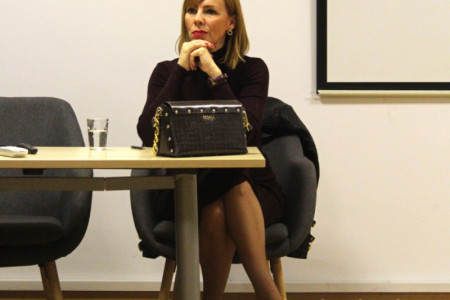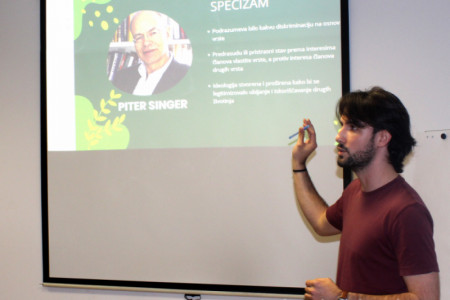The first month at the 31st Generation Future Studies
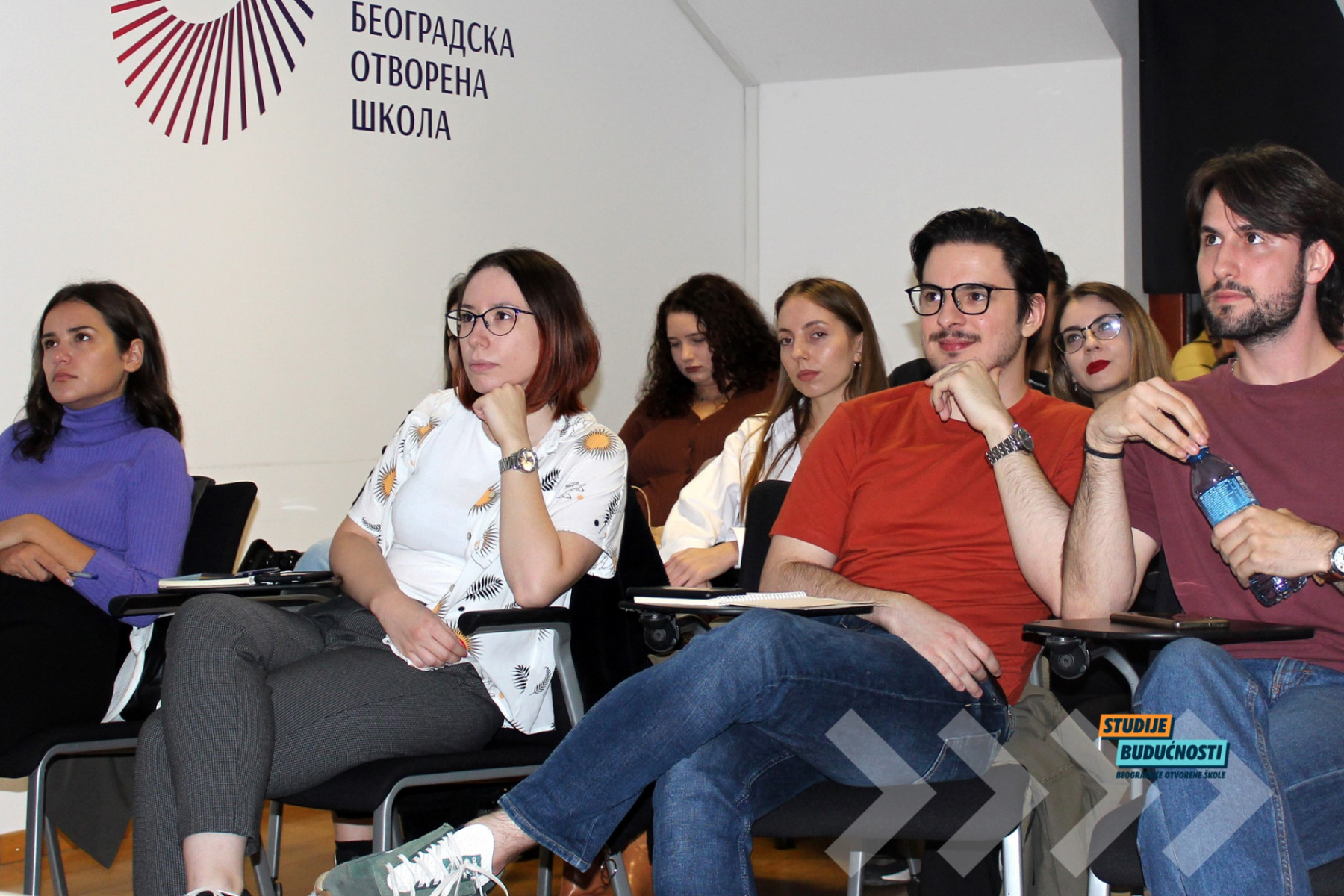
The first month at Future Studies was spent in numerous lectures and workshops, where the students of the 31st generation were introduced to the program and met with various topics that sparked significant discussion.
After Srđan Verbić's lecture "Future studies, science and society", which dealt with future prediction models, at the Knowledge for the Future module, we hosted the professor of psychology at the Faculty of Philosophy, Tamara Džamonja Ignjatović, who gave a lecture on "Society and the individual - who is sick here?". Students discussed the social context, as well as negative social problems that produce crises. There was talk about the implications of the social situation on people's mental health, as well as what we can do on a personal and social level to preserve and improve it. Historian Vladimir Petrović, participating from Boston, gave a lecture on "A Brief History of the Future", with a focus on how society throughout history perceived and predicted the future - from prophecies and prayers to analyzes and proposals for practical policies.
At the Skills of the Future module, Dragana Ignjić, RTS journalist and one of the authors of "Oko" magazine, held a workshop that dealt with the importance of television and was focused on giving advice for public television appearances. Students were able to hear first-hand what they should pay attention to when performing on television. Also, after his introductory "Rhetorical Workshop", Vladimir Pavićević started "Public Speaking Workshops" on this module with the students, where each of the students will have the chance to hear feedback and recommendations for improvement in their public speaking after a short speech.
Psychologist Jana Stojanović held two workshops, the first of which focused on the emotions and thoughts of students, while the second had a narrower focus on anxiety. A discussion was started on what are the triggers of anxiety, what are the unhealthy beliefs that accompany us in those situations, as well as what consequences they can produce. It concludes with recommendations on how to prevent and deal with anxiety-inducing thoughts.

 381 63 687 763
381 63 687 763








